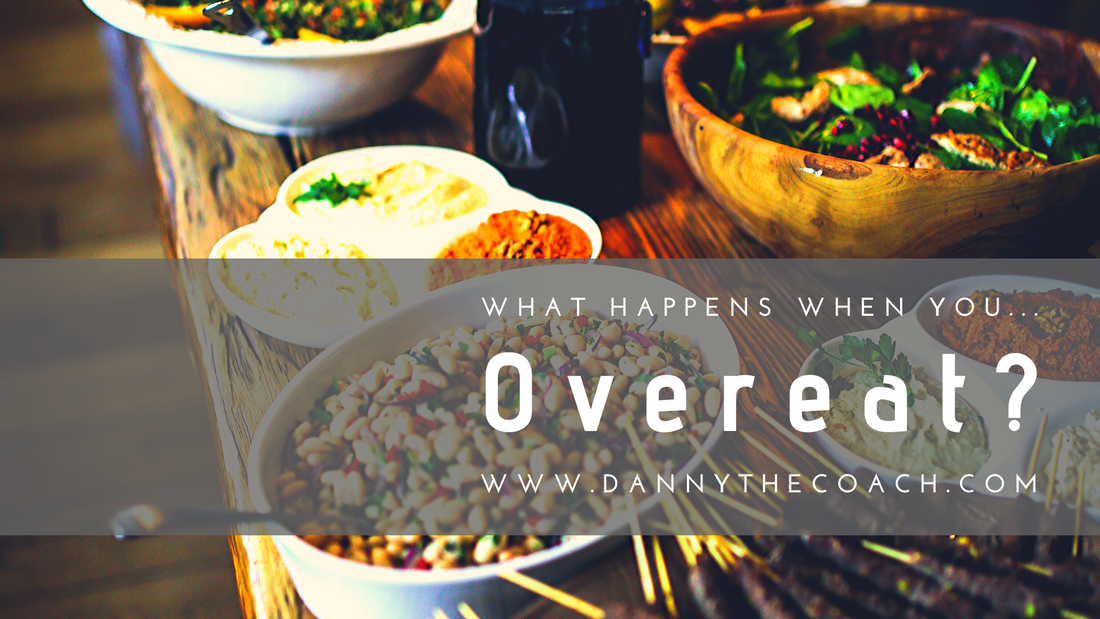|
Overeating and what happens to your body. Post-Binge Biology (and 8 Things To Do Afterward)
Feasts happen on a regular basis. Candy is given and received as gifts. And there are parties immeasurable, at work, with family, with friends, where calorie-dense, rewarding food is handed out, like, well, candy. The holiday season is a practice in overeating, and it can be very hard to avoid. You may not want to even avoid it; there’s something to be said for letting loose now and again on special occasions, especially when holiday cheer is in the air. But what happens to your body when you overeat? And what can you do about it? The type of overeating most people do across the holidays is high-sugar, high-fat, and relatively low protein. These are your cakes and cookies. Your brownies and fudge. Your pie for breakfast. This is the worst kind of overfeeding you can do. Research shows that just six days of high-sugar, high-fat, low-protein overfeeding rapidly increases fat deposition in the liver and muscle. Seven days of overfeeding reduces whole body insulin sensitivity, inhibits glucose clearance, and impairs endothelial function. If you keep doing it, say, over the course of a month, bad things pile up. You get incredibly insulin resistant. Your liver fat increases. Your body weight and overall body fat increase. Your C-reactive protein increases, an indication of inflammation. A class of antioxidants called plasmalogens also increase, which means your body is fighting oxidative stress. One problem with the studies is that you have to distinguish between quality and quantity; overfeeding with different foods elicits different effects. For instance, in the study that looked at overfeeding’s effect on lipid metabolism, the subjects overate by eating more cookies, potato chips, and cheesecake and drinking an oil-based liquid supplement. Overeating a bunch of that junk food is different than overeating steak. In fact, research shows that overfeeding protein has little to no impact on fat or weight gain compared to carbohydrate or fat overfeeding. Also consider individual variability. Some people are “obesity prone.” Others are “obesity resistant.” In one study, obesity prone and obesity resistant subjects had different responses to three days of overfeeding. The obesity prone people saw their fat oxidation rates drop during sleep; they burned less fat. The obesity resistant subjects saw their fat oxidation rates unchanged during sleep; they continued burning fat like normal. So, when we talk about the effects of overeating, we have to keep in mind that the effects will differ between individuals and vary if you’re eating a pound of roast lamb versus eating half a pie. But the general point still stands: Overeating can make you gain weight, gain liver weight, induce oxidative stress, cause insulin resistance, increase inflammation, and make you sicker, fatter, and more unwell the longer it goes on. Here are 8 tips for scaling back and minimizing damage.
Details to these 8 tips:
Source - click here.
0 Comments
Leave a Reply. |
Author
DannyTheCoach Archives
January 2023
Categories
All
|


 RSS Feed
RSS Feed